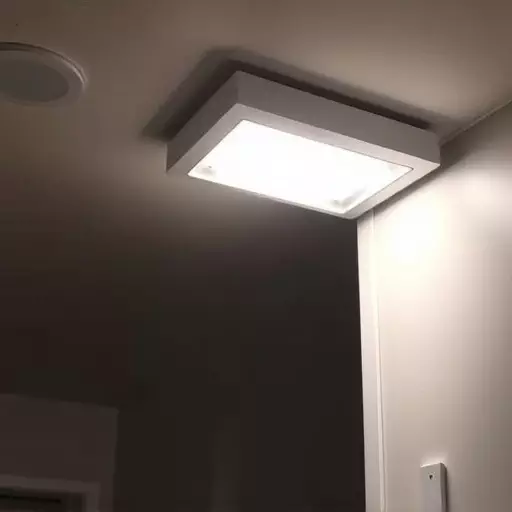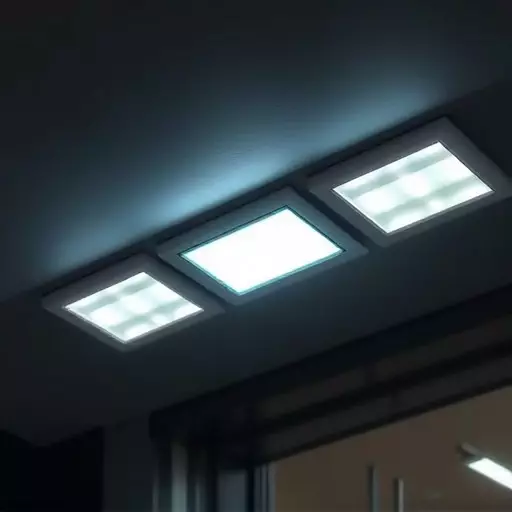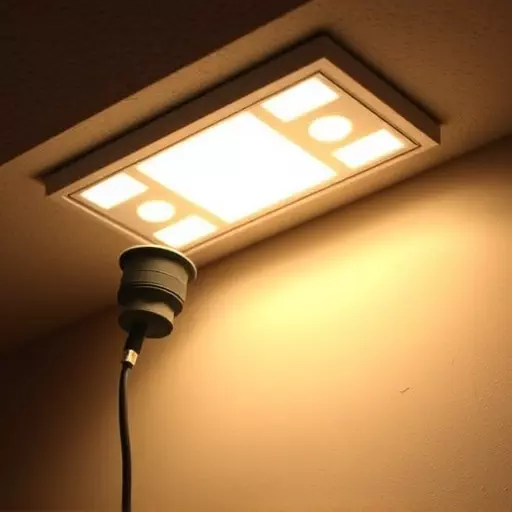Understanding emergency lighting requirements is vital for any installation project in Jacksonville, Florida. Local building codes, lighting design, and power backup options must align with city regulations to ensure occupant safety during emergencies. Benefits include enhanced security, accessibility, and peace of mind. Various types of emergency lights, such as LED, fluorescent, and battery-powered systems, offer unique advantages in terms of energy efficiency and reliability. Consulting a professional lighting specialist is recommended to select the best option for specific Jacksonville property needs. The installation process requires adherence to safety measures and local codes, ensuring clear visibility and guidance during power outages or emergencies.
Planning an emergency light installation project in Jacksonville? This comprehensive guide covers everything from understanding local requirements and efficient planning to exploring various types of emergency lighting systems. We’ll delve into the significant benefits and advantages of upgrading to these essential safety features, while also highlighting critical safety measures and regulations. Plus, discover why hiring professional installers is key to reliable results for your Emergency light installation process in Jacksonville.
- Understanding Emergency Light Requirements in Jacksonville
- Planning for an Efficient Installation Process
- Different Types of Emergency Lighting Systems
- Benefits and Advantages of Upgrading to Emergency Lights
- Safety Measures and Regulations to Consider
- Hiring Professional Installers for Reliable Results
Understanding Emergency Light Requirements in Jacksonville
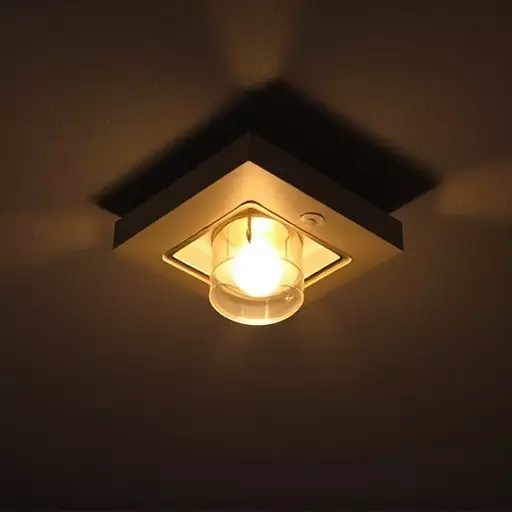
Understanding Emergency Light Requirements in Jacksonville
When planning an emergency light installation project in Jacksonville, it’s crucial to grasp the specific requirements and benefits that such a system offers. The emergency light installation process involves careful consideration of various factors unique to each location, including local building codes, lighting design, and power backup solutions. In Jacksonville, understanding these requirements is essential to ensure compliance with city regulations and the safety of occupants during emergencies.
The benefits of emergency light installation are numerous. These include improved safety by providing clear, bright illumination during power outages or evacuations, enhanced accessibility for individuals with disabilities, and peace of mind knowing that your property meets safety standards. Types of emergency lights commonly installed include LED units, fluorescent lights, and backup battery-powered systems. Each type offers distinct advantages in terms of energy efficiency, longevity, and reliability, making it important to consult with a professional lighting specialist to determine the best fit for your Jacksonville property’s needs.
Planning for an Efficient Installation Process
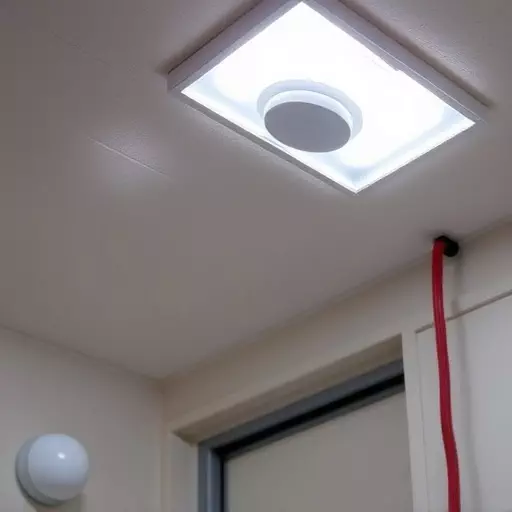
Planning a seamless and efficient emergency light installation process is paramount to ensuring safety and peace of mind in any Jacksonville facility. Before beginning, thoroughly assess your space to determine the best placement for emergency lights. Consider factors like ceiling height, foot traffic patterns, and existing lighting infrastructure. This strategic planning not only streamlines installation but also maximizes the benefits of emergency lighting, such as improved visibility during power outages or emergencies.
Choosing the right type of emergency light is crucial. Options include battery-powered LED lights, fluorescent lights with backup batteries, and incandescent lights with emergency power supplies. Each has its advantages, from long-lasting LEDs to cost-effective fluorescents. Understanding your facility’s specific needs will help in selecting the most suitable types, ensuring a swift and effective emergency light installation process in Jacksonville.
Different Types of Emergency Lighting Systems
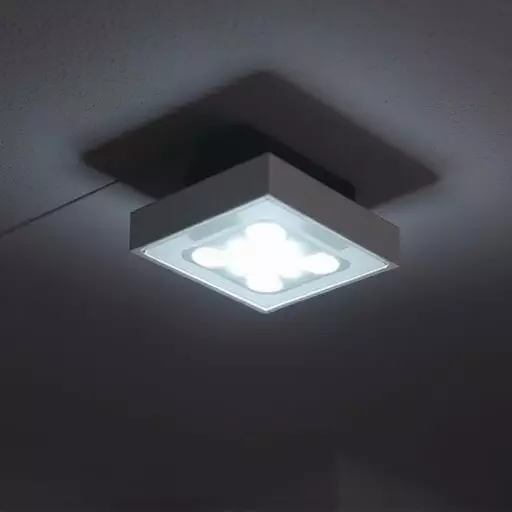
Emergency lighting systems are designed to provide critical illumination during power outages or emergencies, ensuring safety and facilitating quick evacuations. There are several types available for installation in Jacksonville, each with unique features catering to distinct needs. LED emergency lights are energy-efficient and highly durable, making them a popular choice due to their long lifespan and reduced maintenance requirements compared to traditional fluorescent or halogen lights. These lights are versatile and can be integrated into various fixtures, from ceiling panels to outdoor signage.
Another type is the battery-operated emergency light, ideal for areas with frequent power fluctuations or remote locations without access to electrical grids. These self-contained units are easy to install and maintain, often featuring adjustable brightness levels and a long backup time. Additionally, photoelectric sensors can be integrated into these systems to automatically activate lighting during low-light conditions, enhancing energy efficiency and ensuring consistent emergency illumination.
Benefits and Advantages of Upgrading to Emergency Lights

Upgrading to emergency lights offers numerous benefits and advantages for any property owner or facility manager in Jacksonville. The primary benefit is enhanced safety and security. Emergency lights are designed to provide illumination during power outages or emergencies, ensuring clear visibility and guiding occupants to safety. This is especially crucial in large buildings, schools, hospitals, and public spaces where efficient evacuation procedures rely on good lighting.
There are various types of emergency lights suitable for different installation processes. LED emergency lights, for instance, are energy-efficient and long-lasting, making them a popular choice. They can be integrated into the existing lighting system or installed as standalone units. For areas requiring higher visibility, halogen or fluorescent emergency lights might be more appropriate. Regardless of the type, these lights play a vital role in the emergency light installation process Jacksonville, ensuring that buildings meet safety standards and are well-prepared for unexpected events.
Safety Measures and Regulations to Consider

When planning an emergency light installation process in Jacksonville, adhering to safety measures and local regulations is paramount. These guidelines are designed to ensure the well-being of occupants and comply with building codes, particularly during power outages or other emergencies. Before installing any emergency lighting system, familiarize yourself with the specific codes and standards applicable to your region. This includes understanding the required backup battery life, lighting intensity, and placement of lights in evacuation routes and assembly areas.
The benefits of emergency light installation extend beyond compliance. Properly installed emergency lights enhance safety by providing clear guidance during evacuations, preventing panic, and ensuring people can navigate safely to exit points or assembly areas. Moreover, different types of emergency lights offer various advantages based on their design and functionality. These include LED lights known for energy efficiency and long lifespan, as well as photoluminescent lights that charge during normal lighting conditions and emit a soft glow in the event of a power failure.
Hiring Professional Installers for Reliable Results

When planning an emergency light installation project in Jacksonville, hiring professional installers is paramount to achieving reliable and safe results. Expert installers possess the necessary skills, knowledge, and experience to navigate the intricate emergency light installation process. They understand local building codes and regulations, ensuring your system complies with safety standards.
Professional installers offer a range of benefits, including efficient project management, precise implementation, and long-lasting solutions. They can recommend suitable types of emergency lights based on your specific needs, whether it’s LED for energy efficiency or fluorescent for higher lumen output. By entrusting the task to professionals, you gain peace of mind knowing that your emergency lighting system will function optimally during unforeseen events, enhancing the safety and well-being of occupants in commercial or residential settings.
